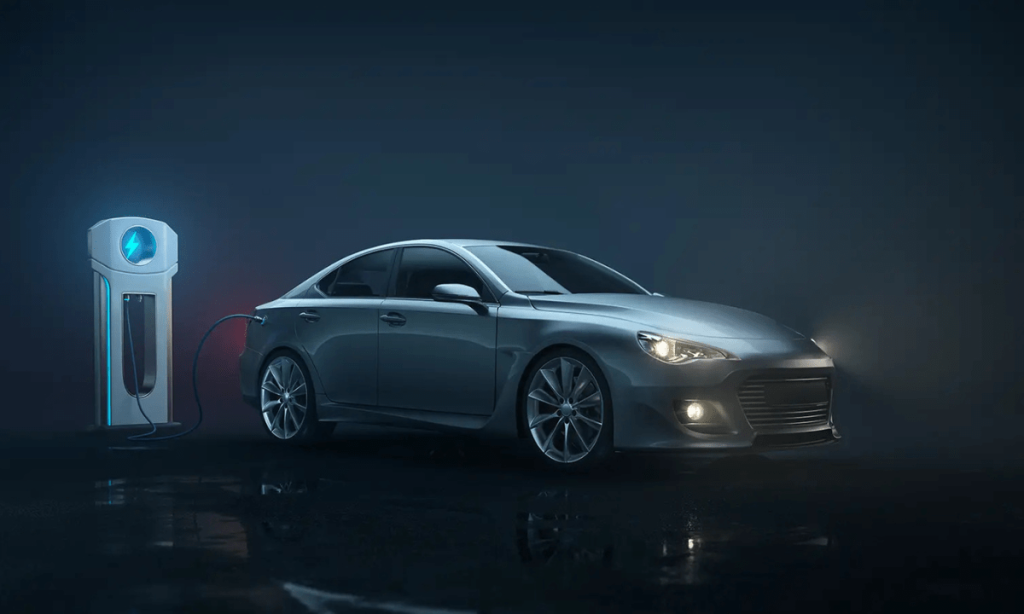
The increasing demand for electric vehicles (EVs) has resulted in the need for more powerful batteries that are more reliable and secure for storing energy. The latest batteries used in electric cars are developed to exploit the weaknesses of traditional lithium-ion batteries.
They offer more energy density, faster charging, longer time, and better security. These advancements are essential to improving the efficiency of electric vehicles, broadening your options for travel, and helping in the transition towards sustainable transport.
Solid-State Batteries: A Leap Forward
Solid-state batteries are a major technological breakthrough in battery storage within battery cells that reduce the use of electricity. In replacing electrolytes in liquid form with solid materials, they dramatically decrease the chance of fires or water leaks.
They have a higher capacity, and this results in a greater range of driving and a greater capacity to make use of the battery’s charge. Solid-state batteries can be charged faster, last longer, and increase the efficiency of batteries, making them economical for daily use.
Emerging Chemistries: Lithium-Sulfur and Lithium-Air
Alongside research into the solid state, researchers are currently studying lithium-sulfur batteries and lithium-air batteries. The lithium-sulfur batteries are incredibly lightweight and efficient in terms of energy consumption compared to conventional lithium-ion batteries, as well as lithium-air batteries.
Both of them have a density of energy comparable to gasoline. The new chemical can dramatically enhance the performance of electric vehicles and will increase their range even though they’re only in the beginning stages of research and testing.
Advanced Battery Management and Recycling
Modern battery technology is enhanced by AI-driven programs for managing batteries (BMS) that track battery health, improve the charging process, and reduce the amount of heat that is generated.
These systems improve security, increase the lifespan of the battery, and deliver the highest level of performance.
Methods to sustainably recycle are being developed to help save valuable batteries while reducing the environment’s impact and promoting a circular economy within the electric vehicle market.
Conclusion
The latest lithium-ion battery utilized in electric vehicles has revolutionized the way EVs operate by combining the most recent advancements in solid-state technology, lithium sulfur, and lithium-air chemistry, with the most sophisticated control systems.
These batteries offer greater capacity, rapid charging, better security, and sustainability to the planet.
As technological advancements progress, electric vehicles will become more reliable, efficient, and accessible, speeding the process of transitioning to greener and more sustainable methods of transportation.
